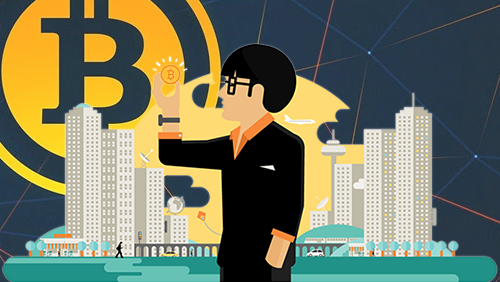A U.S. district judge considering bitcoins are “intangible properties,” at least for the purposes of a bankruptcy case in California.
 The court’s decision was in connection with a case filed by the bankruptcy trustee for bitcoin mining firm HashFast, which declared bankruptcy in 2014, CoinDesk reported.
The court’s decision was in connection with a case filed by the bankruptcy trustee for bitcoin mining firm HashFast, which declared bankruptcy in 2014, CoinDesk reported.
The trustee wants Mark Lowe, a former promoter for the bitcoin mining firm, to return some 3,000 bitcoins that he claimed were “fraudulently transferred” to Lowe before HashFast’s collapse. The lawsuit, in turn, prompted the bankruptcy court to determine whether the digital currency should be treated as property or as currency.
If the virtual currencies were treated as currencies, Lowe will have to return the bitcoins at the value on the day they were transferred, which amounts to about $360,000. However, if the bitcoins were considered as properties, Lowe will have to shell out $1.3 million—the appreciated value of that 3,000 bitcoins.
One of Lowe’s lawyers, Brian Klein, argued that the court should take into consideration that two years ago, bitcoins were still being treated the same as dollars. However, U.S. Bankruptcy Judge Dennis Montali said bitcoins and dollars are not the same, and declared bitcoins as “intangible personal property.”
“That doesn’t make [bitcoins] dollars, that’s my point. I understand how the parties acted, but that doesn’t make them dollars,” Montali said, according to CoinDesk.
Montali’s ruling might not make that much of a big impact in the bitcoin industry, but it will certainly add to relevant cases that touches on how bitcoin should be treated in civil legal cases.
Last year, the U.S. Commodity Futures Trading Commission (CFTC) ruled that bitcoins should be treated as commodities, just like oil and corn. With the announcement, companies that plan to operate a trading platform for virtual currency derivatives or futures will now have to register as a swap execution facility or designated contract market. This will result in bringing dealings in bitcoin—known for its anonymity—into light. While this will help avoid a repeat of Mt. Gox snafu, it will also likely increase the cost of doing business with virtual currency.





